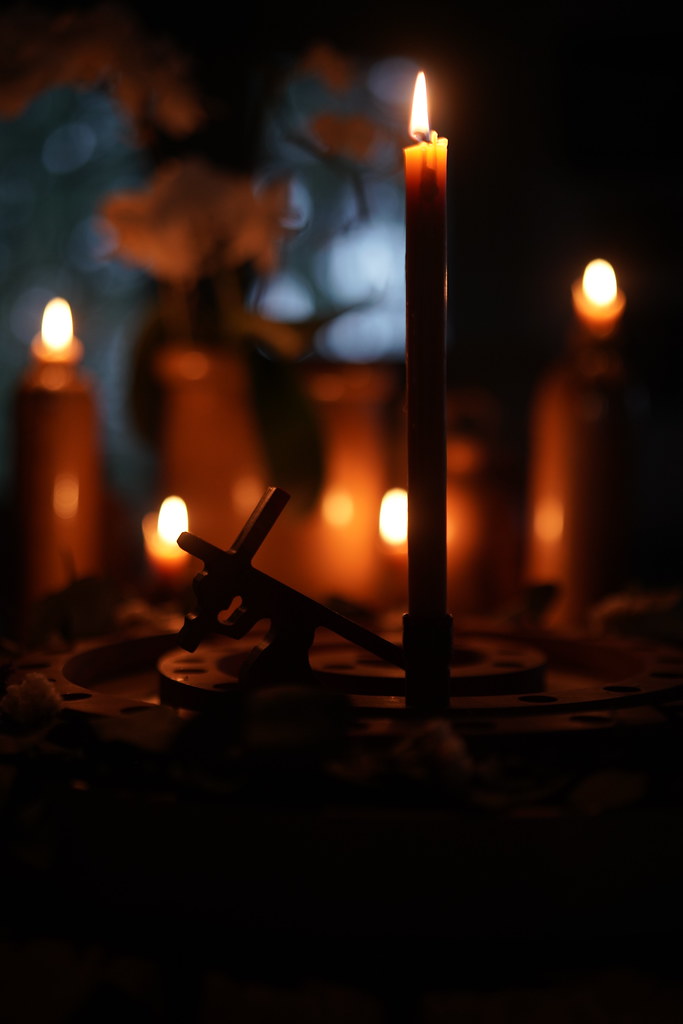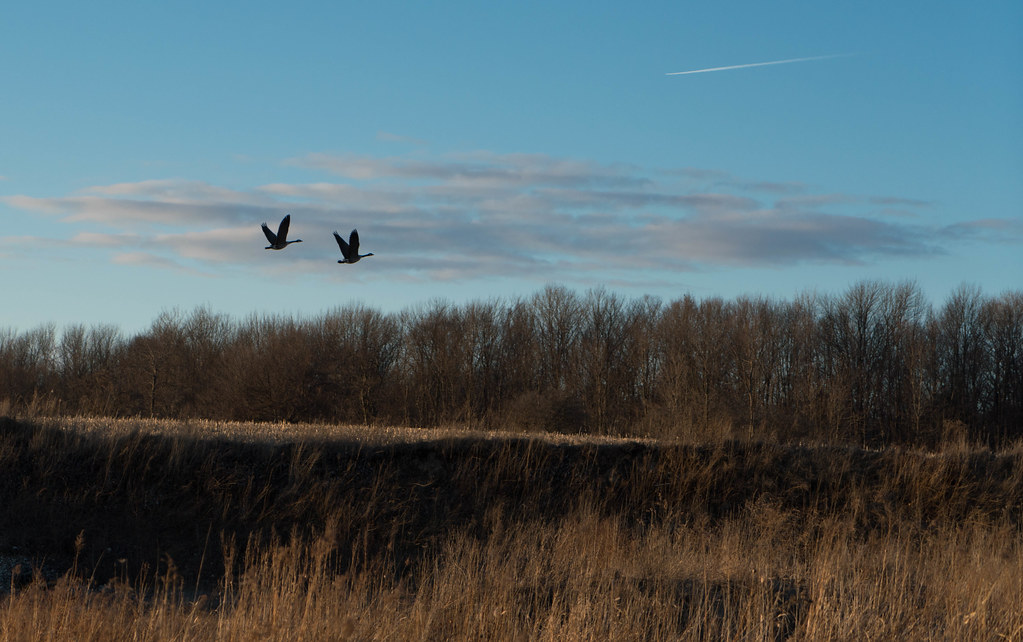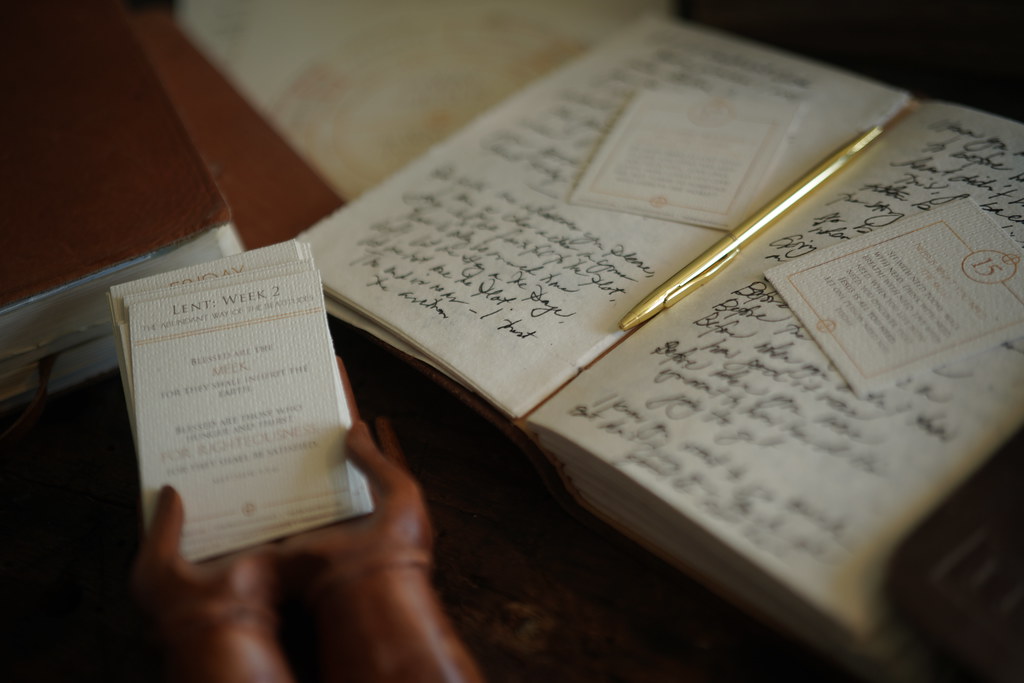I went down to the river to pray. And that may sound like living some highfalutin old time spiritual, when in reality the river at the back of the farm runs through an abandoned old gravel pit with piles of crushed rock and overgrown weeds and more than a boulder or two.
When I’m sitting there on the edge of the woods, on the edge of an old pit – the metaphor of it all is not lost on me – there, at the water’s edge, I can see how the river keeps coming, how hope and goodness and God keeps coming, right through the rocky rubble of what was.
Repentance is part of the refining work of our remaking.
It’s been a long, convoluted process over the last several years, the Farmer and I and our children doing this gritty work of restoration back on this farm with a gravel pit next to the river.
The farmer who owned the farm before us, he had dug this gravel pit over 20 years ago, excavated out these veins of stone and rock, crushed it into gravel, hauled truck load of gravel, after dusty truck load out, until all that remained was a cavernous pit.
And all these little mountains of stony subsoil and topsoil dotting the field around the gravel pit and down toward the river.





If it’s true that the entire life of the believers is to be one of repentance – then maybe a believer is not really living a life of faith without a regular rhythm of repentance.
The third week of Lent, I’d come back here to the river to do my own excavation, to find the veins of hardness within… the rocky places that needed the softness of repentance. I’d been feeling my own kind of crushing, memories that surfaced out of nowhere, moments and snatches of conversations, that made me ache for a do-over.
I started to write it all down.
A record of repentance.
A Lent of reflection – leads to a Lent of repentance. Reflecting on the past couple of decades and how the road has wound, reflecting on all the way’s God is working on a story of restoration, reflecting on raising children and how, in the midst of the imperfect, God is still restorying us in His perfect love… and I sat with my own stream of conscious shortcomings: lines I said that now strangled me with grief, words I’d said that now felt like gravel in the mouth, things I’d done that have ended up mining out parts of me, leaving pocked pits of emptiness.
I filled up pages.
If, for every single one of us, all of our very best attempts end up still as very greasy messes, then what of our slapdash, messy attempts in the midst of our every days?
This record of repentance, this is deeply tender work that’s holy work, the needful work of all those really living, because, as Luther said, “When our Lord and Master Jesus Christ said, “Repent” (Mt 4:17), he willed the entire life of believers to be one of repentance.”
If it’s true that the entire life of the believers is to be one of repentance – then maybe a believer is not really living a life of faith without a regular rhythm of repentance.
Repentance is part of the refining work of our remaking.
The way of Jesus takes the high way of humility that doesn’t assume to know everything, that leads to a posture of curiosity to understand more, that leads to an empathy for everyone’s complicated humanity, that leads to a community of peace.
And in this day and age of rage and polarization, this day and age of anger and demonization – there is another way, a counter-cultural way of turning and returning to the way of Jesus. The way of Jesus takes the high way of humility that doesn’t assume to know everything, that leads to a posture of curiosity to understand more, that leads to an empathy for everyone’s complicated humanity, that leads to a community of peace.
This cultural moment calls for less outrage and more outreach, for less pointed resentment and more personal repentance, for less animosity and more cruciformity.
Jesus didn’t revolutionize the world through passionate anger, but through the passion of the cross, through a love that lays down self and forgives.
I felt that as I laid down so many memories and tender moments, as I wrote out my own record of repentance – what I got wrong and wish I had done right as a mama, as a wife, as a human being in a broken, complicated world. And how God gives Himself on the Cross to forgive us, to give us Himself, to save us for intimacy with Himself.
And it’s not that you aren’t ever going to get it wrong, but what you always do with it afterward, which is what C.S. Lewis was saying when he wrote,
“In the same way a Christian is not a man who never goes wrong, but a man who is enabled to repent and pick himself up and begin over again after each stumble—because the Christ-life is inside him, repairing him all the time, enabling him to repeat (in some degree) – the kind of voluntary death which Christ Himself carried out.”
What keeps repairing and restoring us – is to keep living the cruciform way of Christ, who is actually living the cruciform, dying-to-self Christ-life within us – which completely transforms us and all our world.



This cultural moment calls for less outrage and more outreach, for less pointed resentment and more personal repentance, for less animosity and more cruciformity
A woman recently told me how, when she read that in the end, there will be a Book of Deeds, that “the dead will be judged according to their works by what was written in the books,”— what she did was this: she began to write down everything she had ever done wrong.
She kept a record of her own wrongs.
She said she did this every single day, for months and months, recording every fault, every failure, every flailing, everything she could recognize and remember, she recorded. And she painfully realized: it never, ever ends.
The list of her sins broke her heart – and God’s – and the weight of her wrongs unbearably crushed her.
To whom shall we go? (John 6:68) Where can we go, where can we flee? (Ps. 139)
And then she met the only One who bore it all.
The only way to lose the weight of your burdens, is to lean the whole weight of everything on the Cross of Christ – and feel the weightlessness of His grace.
Then she told me how it hit her. How about 12 years after encountering Christ at the Cross – she started counting, not her sins, but her gifts. When you truly encounter Christ – you stop counting your wrongs and truly count on His grace alone to cover it all.
And she became obsessed not with her wrongs and her book of deeds, but with His grace and her book of thanks. And she powerfully realized that the same thing is true: His grace never, ever ends.
The record of our endless wrongs — is covered with the record of His endless grace.
The list of our sins – can be covered with the list of His gifts.
The record of our repentance – turns us around to record the graces of our God. And it never, ever, ever ends.
When you truly encounter Christ – you stop counting your wrongs & truly count on His grace alone to cover it all. The list of our sins – can be covered with the list of His gifts.
Back at the river that runs by a gravel pit, sitting back there at this river of grace that runs through everything, I brim, and my own gratitude streams.…. and waters so much hope.
His grace covers all our griefs, His rightness covers all our wrongness, His Cross covers any shadow that crosses our days. Our shortcomings as a parent, as a partner, as a person don’t ever get to undo us – we are only ever undone by His grace.
And I am – completely undone by the ways of His grace.
The story of any one of our wrongs don’t get to define us – because we get to be refined by the Word who keeps writing restorying us with stories of restoration.
And when we have this spiritual practice of daily picking up a pen, and daily keeping writing down our own lists of gifts and His grace, day after day, month after month— we are growing in hope: that there will always be enough grace to come and meet us, no matter how we, or life, falls short.
Grace is always coming to carry us through.










Our shortcomings as a parent, as a partner, as a person, don’t ever get to undo us – we are only ever undone by His grace.
It’s at the end of the third week of Lent when the Farmer finally gets word, that after all our work throughout the last 3 years of leveling the remaining piles of rubble and rock around the gravel pit, hauling and landscaping and grading the topsoil, that we’ve been approved, meeting the qualifications of a complete restoration of the land back to productive agricultural farmland.
Our sons cheered! Across the kitchen, I could read the happiest relief in the Farmer’s eyes as he smiled. Restoration project complete!
The excavated gravel pit of rock and dust finds itself restored to a pond filled with water there by the river, a haven, where the trumpeter swans will return to this spring, where the natural grasses will grow and the turtles will float, and we will witness the reflected glory of God blazing golden across the pond on warm evenings in June. And my own interior excavation of restoration, turns and returns me to fill with gratitude, to fill a gratitude journal with overflowing thanks for His common and cross-formed grace, that restores me.
We are but dust & to dust we shall return. And yet too, we are dust that’s the stuff not just of stars, but of God, the stuff of glory, the stuff of growth & possibility & restoration & resurrection & eternity.
It’s true: We are but dust and to dust we shall return — dust that’s ground down, dust that’s fragile and vulnerable, easily blown this way and that. And yet too, we are dust that’s the stuff not just of stars, but of God, the stuff of glory, the stuff of growth and possibility and restoration and resurrection and eternity.
Lent is this mercy of right seeing and right being.
This mercy of seeing who we truly are: but dust, who sees how, for all our good intentions, we’ve dirtied and sullied things, made filthy rags of the best of things. And yet there’s this mercy of being who we truly are — dust in the hand of a merciful God who forms and transforms the dust, who transfigures the disfigured, who gathers dust from the pit to make and shape a pottery vessel to be home for the divine, dust made into a pottery vessel filled with the fragrance of Christ that rises, and keeps rising, in thanks for amazing grace.
I tell the smiling Farmer that, and he nods, awed by it all too: that gravel pits can be restored to oasis of grace.
That rivers of grace still run through everything.
Catch Up — & See What’s Upcoming — in this Series during Lent:
Read: A Lent to Reflect: Part 1: How the Practice of Looking Back Changes Where You Are Going To (With Video)
A Lent to Reflect, Part 2: What I Wish I’d Done Differently As a Mom & How to Work Toward Restoration As a Family
A Lent to Reflect: Part 4: How to Practically Learn the Art of the Spiritual Practice of Reflection to Experience Soul Transformation
A Lent to Reflect:
Can I Give You Your Free Reflective Lenten Journaling Calendar?

Can we give you a free tool to engage the spiritual practice of reflection this Lent with your free 40-day Lenten Journaling Calendar, with a reflective journaling prompts for each day of Lent, helping you to be soul restored and re-storied into the abundant way of the Beatitudes.
This Lent, lean into the spiritual practice of reflection because: Reflection is how you see the next best action.


Simply come join our email family over here, and your farm girl would just love to gift you your free Reflective Lenten Journaling Calendar, tucked right into your inbox, along with the warmest welcome to our email family.
No matter where you’re coming from or where you’re going to: An honest reflection of the past is the way you see a holy redemption of the future.

Without the spiritual practice of reflection, you can end up doing things you’ve always done, while expecting things to be different.

The spiritual practice of reflection lets you see not only the parts of the story that you’d do anything to change – but how God used some of the hardest parts of the story to change you.

Start your free Reflective Lenten Journaling Calendar today and deepen your spiritual practice of reflection and daily journaling with a thoughtful, reflective journaling prompt every day of Lent.
Because:
Reflecting on Christ leads to being a reflection of Christ.







